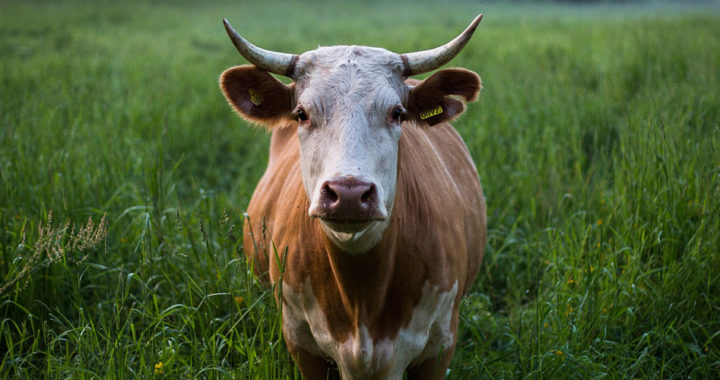Cows are sacred to Hinduism. However, for starters, Hindus do not worship cows, and Hinduism does not teach its adherents to regard these animals as deities. Both adherents and scholars have noted that the reason cows are sacred in Hinduism revolves around economic and ethical justifications, as well as spiritual considerations.
Three Reasons Why Hindus Consider Cows as Sacred
Hindus recognize the economic value of cows. They have traditionally considered these animals important because they historically played a crucial role in agriculture.
Cows give more than what they take according to Hindus. Hence, these animals have been regarded as sacred because of their immeasurable contribution in the society. Some Hindu households also consider cows part of their families, similar to domesticated pets in the Western world.
From an ethical perspective, honoring cows is seen as a way to promote the principle of non-violence, Early Hindu adherents promoted this non-violence toward all creatures. Ancient and medieval texts strongly prohibit meat consumption.
Nevertheless, because of the traditionally established role of cows and their special place in communities, they have represented the respect that should be given to all other animals. Hindus believe that they also honor all other creatures by honoring cows.
Cows also have spiritual and philosophical significance. In ancient India, these animals were identified as caretakers and maternal figures. Hindu society essentially evolved to revere cows as a symbol of unselfish giving.
It is also worth discussing that although cows are sacred to almost all Hindus, there are variations in how these people practice or embody their veneration toward these animals.
A lot of Hindus are strict vegetarians, while others have a plant-based diet that also includes fish, eggs, and dairy. For these people, embracing vegetarianism means respecting higher forms of life and promoting non-violence.
However, there are Hindus who still eat meat from land animals such as chicken and lambs. These people still consider the consumption of cows taboo.





